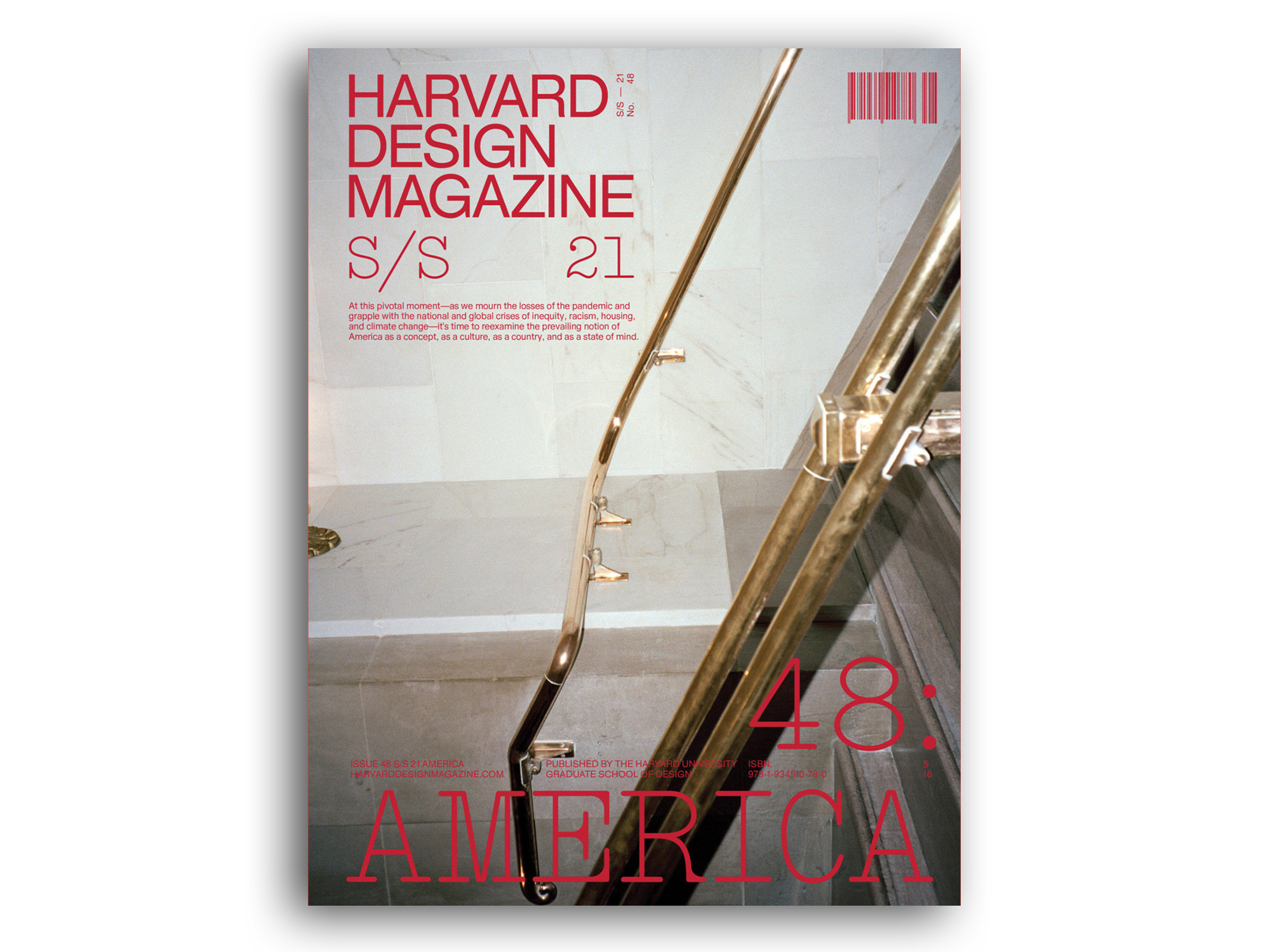Excerpt:
“Surely you can imagine my surprise at being invited to reflect on “America.” For a Canadian, the request at first seemed curious, but of course, America’s imprint has reached far and wide. There have been many forms of American influence, but by far the one we witness changing geography and politics most profoundly is that of global capitalism. While the urban-rural divide in America has become a clear indicator of voting preference— with the understanding that the distance to your neighbor impacts your party affiliation—these preferences are emblematic of different relationships to labor, economics, land, and our associated lifestyles that have been increasingly correlated since the 1980s. Moreover, in the 1980s, religion, gender, race, and social transformations became politicized and related much more to specific party platforms, which were exceedingly aligned with density and spatial organization. The current immaterial labor of the knowledge economy is highly concentrated due to the benefits of labor-market pooling, mimicking labor distribution of the material economies of a previous era in city centers. Politics is now parsed by geography and space—left and right could be interchanged with urban and rural. This change to our economic geography has now shaped our political geography in ways that are less national and more local and—amongst other factors—driven by forms of labor and density.”
